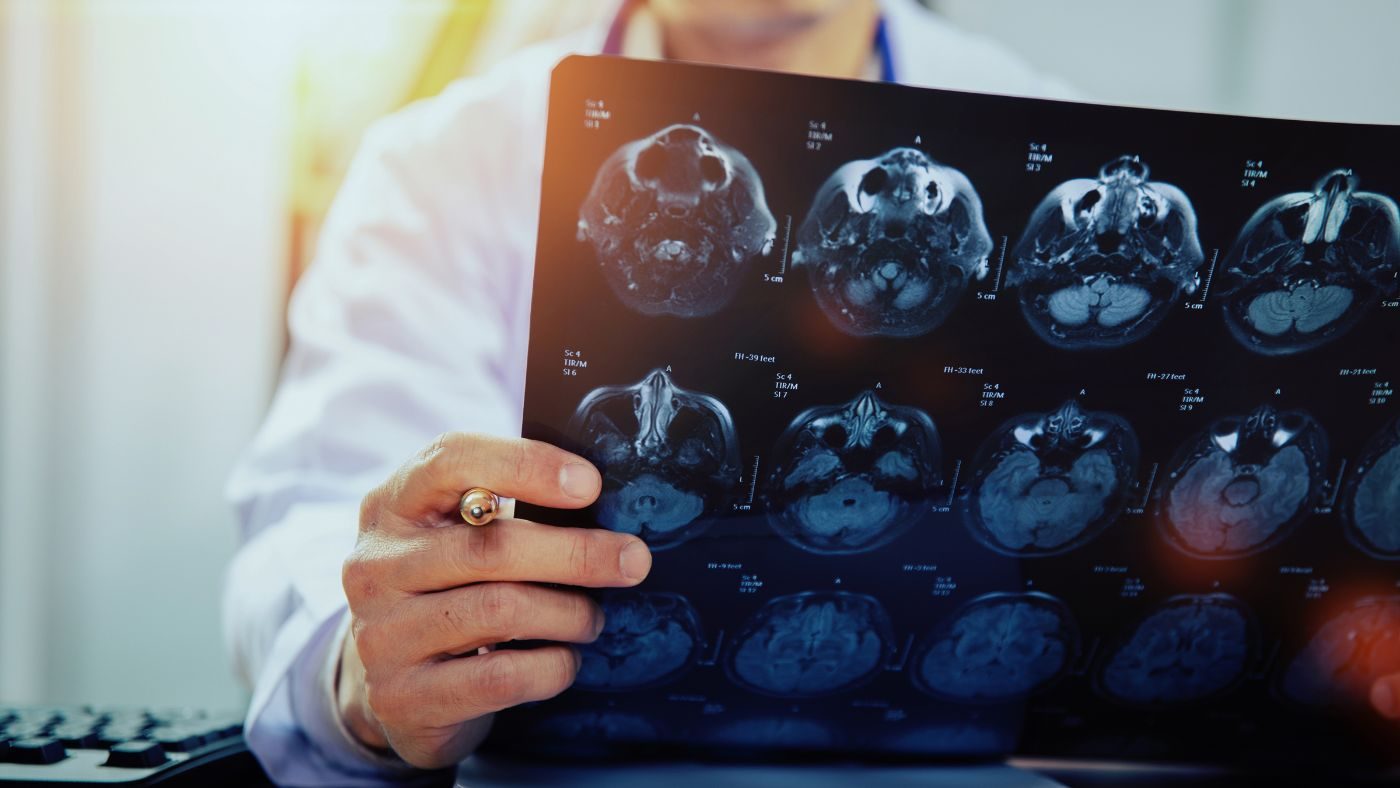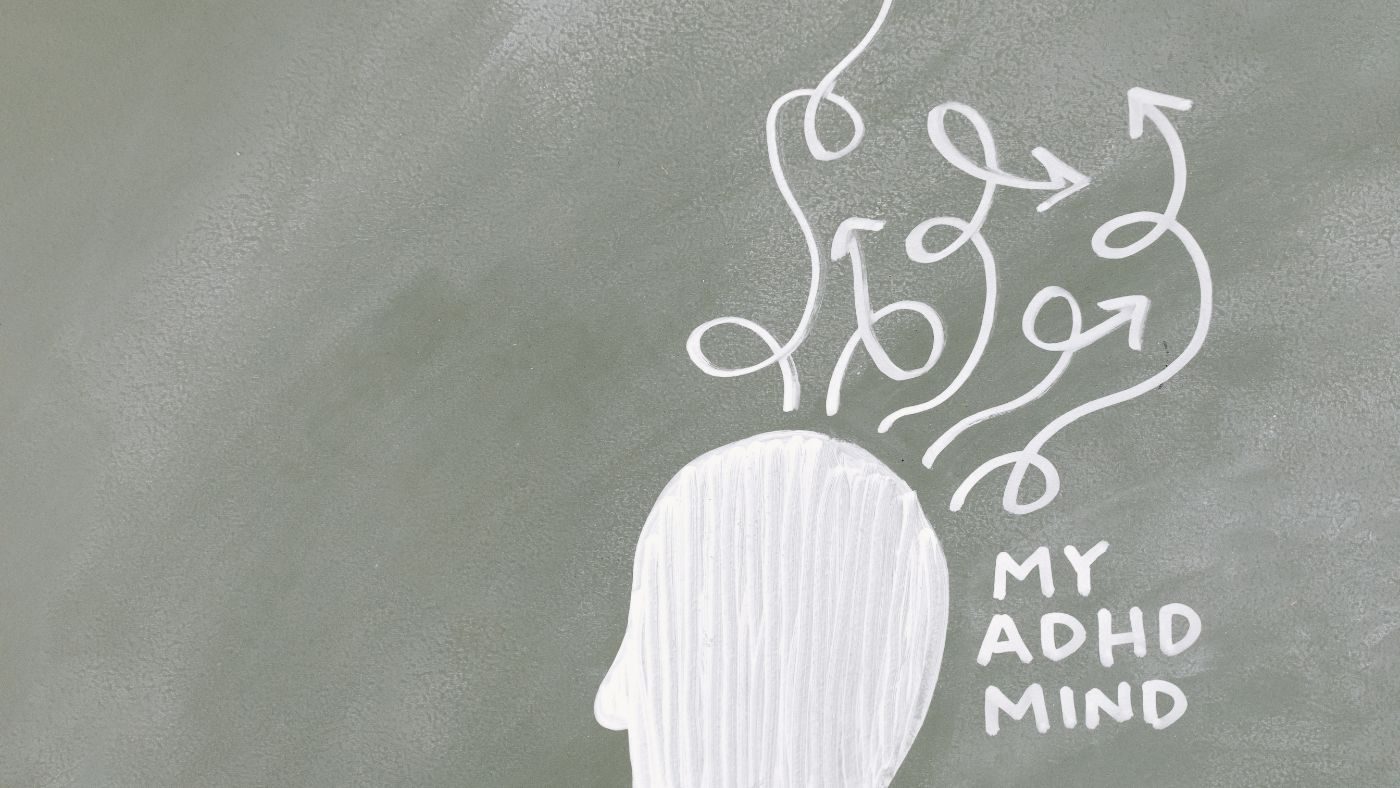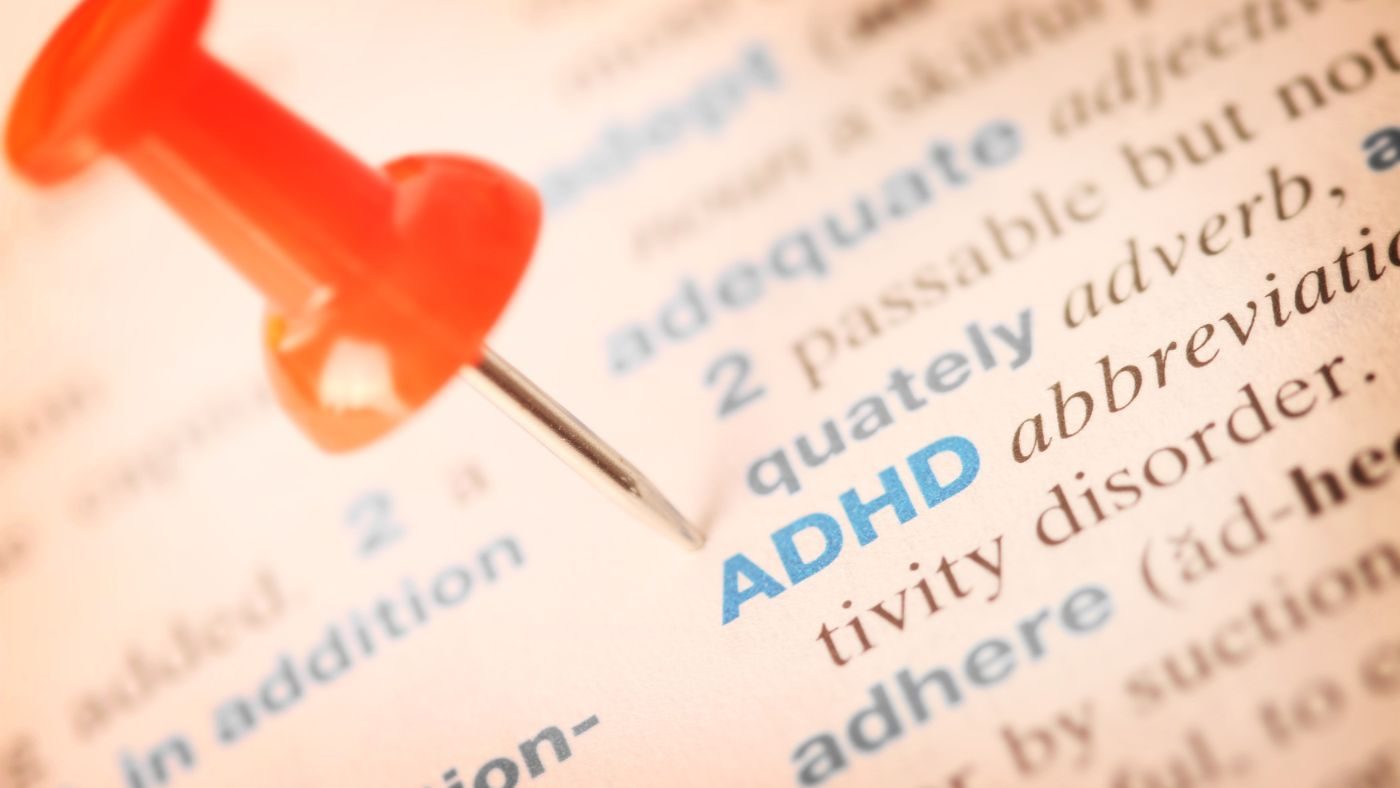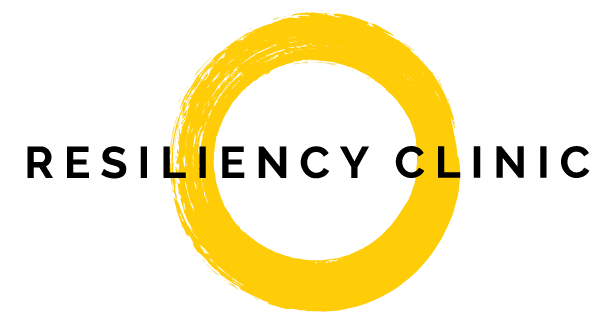Adult Attention Deficit Hyperactivity Disorder (ADHD) is a prevalent mental health condition that can significantly impact daily life, relationships, and work performance. With symptoms such as inattention, hyperactivity, and impulsivity, adult ADHD is a complex neurodevelopmental disorder that requires proper understanding and management.
In this comprehensive guide, we will dive into the world of adult ADHD, exploring its symptoms, causes, and the various treatment options available to those affected.
From recognizing the signs of ADHD to seeking professional help, this blog post aims to provide a thorough understanding of the challenges faced by adults with ADHD and offer valuable insights and resources for managing this condition. By the end of this journey, you will be better equipped to navigate the complexities of adult ADHD and take proactive steps toward improving your mental health and quality of life.
Short Summary
Recognizing Adult ADHD symptoms and understanding their causes is key to obtaining an accurate diagnosis.
Treatment for adult ADHD involves a comprehensive approach, including medication, therapy, lifestyle changes and occupational therapy.
Navigating coexisting conditions requires individualized treatment plans developed in consultation with healthcare professionals.
Recognizing Adult ADHD
Adult ADHD is characterized by a combination of persistent issues, including difficulty with sustained attention, hyperactivity, and impulsive behaviour. It is essential to understand that ADHD can coexist with anxiety disorders, which may complicate the diagnosis and treatment process. Recognizing the major symptoms of adult ADHD is crucial for obtaining an accurate diagnosis and ensuring effective treatment.
Many adults with ADHD experience difficulty concentrating, organizing tasks, and managing time. Hyperactivity signs in adults with ADHD include restlessness, fidgeting, and difficulty staying seated. Impulsivity symptoms often manifest as interrupting others, acting without thinking, and difficulty waiting, which can lead to impatience.
It is vital to consider the possibility of a coexisting mood disorder when diagnosing and treating ADHD.
Inattention
Inattention is a common symptom of adult ADHD, characterized by difficulty focusing, organizing tasks, and managing time. The exact cause of inattention in adults with ADHD has not yet been determined, but it is speculated to be correlated to an imbalance of particular neurotransmitters in the brain. Difficulty concentrating can significantly impact daily functioning, as it may lead to missed deadlines, careless mistakes, and feelings of frustration.
Treatment for inattention in adults with ADHD may include medication, behavioural therapy, lifestyle modifications, occupational therapy, and emotional regulation. By addressing inattention through a comprehensive treatment approach, adults with ADHD can improve their ability to focus and manage daily tasks more effectively.
Hyperactivity
Hyperactivity is another major symptom of adult ADHD, with signs such as restlessness, fidgeting, and difficulty staying seated. Adults with ADHD may feel restless and struggle to remain seated during situations where it is expected, such as meetings or social gatherings. This can create challenges in both professional and personal settings, as others may perceive the individual as impatient or disruptive.
While the manifestations of hyperactivity in adult ADHD may differ from those in children, it is essential to recognize and address these symptoms to improve daily functioning and overall quality of life. A combination of medication, therapy, and lifestyle changes can help adults with ADHD manage hyperactivity and its impact on their lives.
Impulsivity
Impulsivity is the tendency to act without considering the consequences, often leading to impulsive behaviour. In adults with ADHD, impulsivity symptoms include interrupting others, acting without thinking, and having difficulty with patience. These behaviours can create challenges in interpersonal relationships and professional settings and contribute to feelings of frustration and low self-esteem.
Managing impulsivity is crucial for adults with ADHD, and several strategies can help, such as taking breaks, practicing mindfulness, and seeking professional assistance. By implementing these strategies and working with a trained mental health professional, adults with ADHD can learn to manage impulsivity and improve their overall emotional well-being.
Unravelling the Causes of ADHD

The exact causes of ADHD are unknown, making it a complex and often misunderstood mental health condition. However, research suggests that factors such as genetics, environment, and brain development may contribute to the emergence of ADHD. Additionally, certain risk factors, including poor nutrition, lack of exercise, obesity, cannabis dependence, and alcohol dependence, have been associated with adult ADHD.
Understanding the potential causes and risk factors for ADHD can help individuals and healthcare professionals develop a more comprehensive approach to diagnosis and treatment. By considering the various factors that may contribute to ADHD, adults with the condition can work together with their healthcare providers to create a personalized treatment plan that addresses their unique needs and challenges.
Diagnosing Adult ADHD

Accurate diagnosis of adult ADHD is critical for effective treatment, as it ensures that appropriate interventions and strategies are implemented. However, diagnosing adult ADHD can be challenging due to the presence of overlapping symptoms with other mental health disorders and the necessity of a comprehensive assessment. Diagnosing ADHD requires a comprehensive understanding of the disorder, as well as specialized training and expertise.
A professional diagnosis is essential for effective treatment, as it can facilitate the identification of the underlying causes of the condition and enable the development of a personalized treatment plan. Suppose you suspect that you may have ADHD. In that case, it is crucial to consult a qualified mental health professional who can diagnose ADHD through a thorough evaluation and determine the most appropriate course of action for your unique needs and circumstances.
Importance of Accurate Diagnosis
A proper diagnosis of adult ADHD is essential, as it serves as the foundation for effective treatment and facilitates the identification of the most suitable treatments. An accurate diagnosis allows for the right management of the condition, which can significantly affect psychological health, health, career, and relationships. Additionally, an accurate diagnosis helps adults with ADHD recognize their difficulties and behaviours, leading to a greater understanding of themselves.
By obtaining an accurate diagnosis, individuals with ADHD can access the necessary resources and support to manage their symptoms and improve their overall quality of life. This includes medication, therapy, and lifestyle modifications tailored to their specific needs and challenges. Accurate diagnosis is crucial to a more fulfilling and balanced life for adults with ADHD.
Challenges in Diagnosis

Diagnosing adult ADHD can be difficult due to overlapping symptoms with other mental health disorders, such as anxiety and depression. Additionally, the diagnostic criteria for ADHD, such as symptom descriptions and diagnostic threshold cutoffs, can present challenges in determining an accurate diagnosis. It is also possible that there may be gender bias and difficulties in determining the age at onset.
Despite these challenges, working with a qualified mental health professional who can conduct a comprehensive assessment and determine an accurate diagnosis is essential. By considering the various factors contributing to ADHD and ruling out other potential disorders or conditions, professionals can provide the most appropriate treatment and support for adults with ADHD.
Treatment Options for Adult ADHD

The treatment options for adult ADHD generally involve medication, education, skills training, and psychological counselling. Medication, behavioural therapy and lifestyle changes are often used to treat adult ADHD effectively. Making these changes can help to improve symptoms and everyday functioning. By implementing a comprehensive treatment approach, adults with ADHD can manage their symptoms more effectively and improve their daily functioning and overall quality of life.
While there is no one-size-fits-all solution for treating adult ADHD, working closely with your healthcare provider to develop a personalized treatment plan that addresses your unique needs and challenges is essential. This may involve a combination of medication, therapy, and lifestyle modifications tailored to your specific symptoms and circumstances.
Medication
Stimulant and non-stimulant medications are commonly used to help manage ADHD symptoms in adults. Medications prescribed to treat ADHD include stimulants, like Adderall and Ritalin, as well as non-stimulants, such as atomoxetine. These are the two most commonly used. These medications work by modulating the levels of neurotransmitters in the brain, resulting in increased levels of dopamine and norepinephrine, which may improve attention and focus. They must be prescribed by a physician, not a psychotherapist or psychologist. However, some mental health professionals can assess and diagnose the condition and provide this information to the client’s physician.
It is crucial to work closely with your healthcare provider to determine the most appropriate medication for your needs and symptoms. Your physician can help you understand each medication’s potential benefits and side effects and monitor your progress to ensure the most effective treatment for your ADHD symptoms.
Behavioural Therapy
Behavioural therapy is an effective intervention for managing ADHD symptoms, as it assists individuals in gaining an understanding of the condition, identifying areas of difficulty, and establishing behavioural strategies to manage their symptoms. Therapy can help adults with ADHD develop coping strategies and enhance their daily functioning.
Working with a therapist trained in ADHD management can provide valuable support and guidance for adults with ADHD, helping them navigate the challenges they face in their daily lives. Through therapy, individuals can learn to reframe their thoughts, develop effective problem-solving skills, and improve their overall emotional well-being.
Lifestyle Changes
Modifying diet, exercise, and sleep habits can help manage ADHD symptoms in adults. Research suggests that dietary modifications, such as consuming a nutritious diet, and adjusting one’s exercise regimen, can assist in managing symptoms. Additionally, adjusting sleep patterns may also help improve ADHD symptoms in certain scenarios.
Implementing lifestyle changes can be a valuable component of a comprehensive ADHD treatment plan. By working closely with your healthcare provider and therapist, you can develop strategies to modify your diet, exercise, and sleep habits to manage your ADHD symptoms better and improve your overall quality of life.
Navigating Coexisting Conditions in Adult ADHD

It is not uncommon for other disorders to coexist with ADHD, which can complicate the treatment process. When multiple conditions coexist, it can be challenging to differentiate between symptoms caused by ADHD and those caused by the other disorder, making it difficult to decide on the most suitable treatment.
When faced with coexisting conditions, it is essential to collaborate with a healthcare professional to create a personalized treatment plan that considers both conditions. By addressing each condition individually and tailoring the treatment approach accordingly, adults with ADHD can receive the most effective care and support for their unique circumstances.
Occupational Therapy and ADHD

Occupational therapy has been shown to be effective in helping adults with ADHD improve their work performance and daily functioning. Occupational therapy for adult ADHD involves working with occupational therapists to improve organizational skills, social skills, and overall functioning.
Occupational therapists may employ techniques such as sensory integrative therapy to address ADHD symptoms. By participating in occupational therapy, adults with ADHD can develop the necessary skills and strategies to enhance their work performance and overall quality of life.
Emotional Regulation and ADHD

Emotional regulation is an important aspect of managing ADHD symptoms for adults with the condition. Adults with ADHD often face challenges in regulating their emotions and may struggle with mood swings and impulsivity. Emotional dysregulation can present itself as intense emotions and difficulty in modulating emotional experiences and expressions.
Strategies for emotional regulation in adult ADHD include self-monitoring, attending to physical health, acquiring ADHD skills, and utilizing coping strategies. By practicing emotional regulation techniques and working with a mental health professional, adults with ADHD can learn to manage their mood fluctuations and impulsiveness, improving their emotional well-being and overall quality of life.
World Health Organization’s Role in Adult ADHD

The World Health Organization (WHO) provides an adult ADHD test for adult ADHD known as the Adult Self-Report Scale (ASRS) Screener. This test is estimated to take 3-10 minutes to complete and can be helpful for individuals who suspect they may have ADHD. However, the WHO emphasizes that a professional diagnosis is necessary for proper treatment.
If you suspect you have ADHD, it is crucial to consult a qualified mental health professional who can conduct a thorough evaluation and determine the most appropriate course of action for your unique needs and circumstances. The WHO’s self-screening test can be a valuable first step in identifying potential ADHD symptoms. Still, a comprehensive assessment by a trained professional is essential for an accurate diagnosis and effective treatment.
Seeking Professional Help

If you suspect that you may have ADHD, it is essential to consult a mental health professional with experience in adult ADHD for an accurate diagnosis and appropriate treatment options. A trained medical professional, such as a doctor or mental health professional, can determine the next best steps for someone who suspects they have ADHD.
By seeking professional help, individuals with ADHD can access the necessary resources and support to manage their symptoms and improve their overall quality of life. This includes medication, therapy, and lifestyle modifications tailored to their needs and challenges. Accurate diagnosis is crucial to a more fulfilling and balanced life for adults with ADHD. The Resiliency Clinic in Ottawa is an example of a healthcare facility that can provide such comprehensive support.
Once a diagnosis is made, a personalized treatment plan for adult ADHD can be developed. Here is how the Resiliency Clinic can assist:
1. Medication Management: For many adults with ADHD, medication is a central component of their treatment plan. Stimulant and non-stimulant medications can help to control ADHD symptoms by improving the brain’s ability to regulate attention and behaviour. Mental health professionals will closely monitor patients and encourage them to speak to their physicians if medication needs to be adjusted. When needed, they can provide a letter to the physician to create a circle of care for the client.
2. Psychotherapy: Therapy, such as Cognitive Behavioral Therapy (CBT), is a standard and effective treatment for adults with ADHD. It helps patients develop strategies to manage their time, organize tasks, and improve their self-esteem. The clinic’s therapists work closely with patients to address emotional challenges, improve organizational skills, and develop coping strategies that promote a more balanced and productive life. Developing self-compassion and self-acceptance also helps clients to reduce anxiety and therefore reduce avoidance behaviours.
3. Lifestyle Modifications: In addition to medication and therapy, lifestyle changes can make a significant difference in managing ADHD. This could include exercise, sleep strategies, nutrition advice, and mindfulness or meditation practices. Mental health professionals at the Resiliency Clinic can guide individuals through these changes, providing recommendations tailored to each person’s unique needs and lifestyle.
4. Follow-up and Adjustment of Treatment Plans: Effective treatment for ADHD requires ongoing care. The Resiliency Clinic would provide regular follow-up appointments to track progress, address any emerging issues, and make necessary adjustments to the treatment plan. Sessions are spaced out according to the clients’ needs, often becoming less frequent over time when clients are in a maintenance phase of treatment.
Summary
This comprehensive guide has explored the symptoms, causes, and treatment options for adult ADHD. The journey to understanding and managing ADHD can be complex. Still, with the right knowledge and resources, individuals affected by this condition can improve their daily functioning and overall quality of life. By recognizing the signs of ADHD, obtaining an accurate diagnosis, and working closely with mental health professionals, adults with ADHD can develop effective strategies to manage their symptoms and enhance their well-being.
Remember, you are not alone in your journey with ADHD. Numerous resources and support systems are available to help you navigate the challenges and embrace the unique strengths of this condition. By seeking professional help and implementing a comprehensive treatment plan, you can take control of your ADHD and lead a fulfilling, balanced life.
Frequently Asked Questions
What are the three signs of ADHD?
The main signs of ADHD include being unable to sit still, fidgeting, and difficulty concentrating on tasks. These are all indications of hyperactivity and impulsiveness which can be seen in children with ADHD. Some adults suppress the visible signs of these symptoms but still suffer internally.
What are the nine symptoms of ADHD?
ADHD is characterized by nine distinct symptoms: impulsiveness, disorganization, poor time management skills, difficulty focusing on tasks, multitasking, restlessness, poor planning, low frustration tolerance, and excessive activity.
These symptoms can significantly impact a person’s life, making it difficult to succeed in school, work, and relationships. It is important to understand the causes of ADHD and the available treatments in order to manage the condition and improve quality of life.
There are several potential causes of ADHD.
What is an ADHD person like?
People with ADHD often struggle to focus, can be easily distracted, have poor organization skills, and are hyperactive and impulsive.
They may become so engrossed in something that they become unaware of anything else around them and have difficulty staying on task or paying attention.
What factors may contribute to the emergence of adult ADHD?
Genetics, environment and cerebral growth may contribute to the emergence of ADHD.
ADHD is a complex disorder that is still not fully understood. Research suggests that genetic, environmental and cerebral growth factors may be involved in its development.
What treatment options are available for adult ADHD?
Treatment options for adult ADHD typically include medication, education, skills training, and psychological counselling. These treatments can be effective in helping adults manage the symptoms of ADHD.






